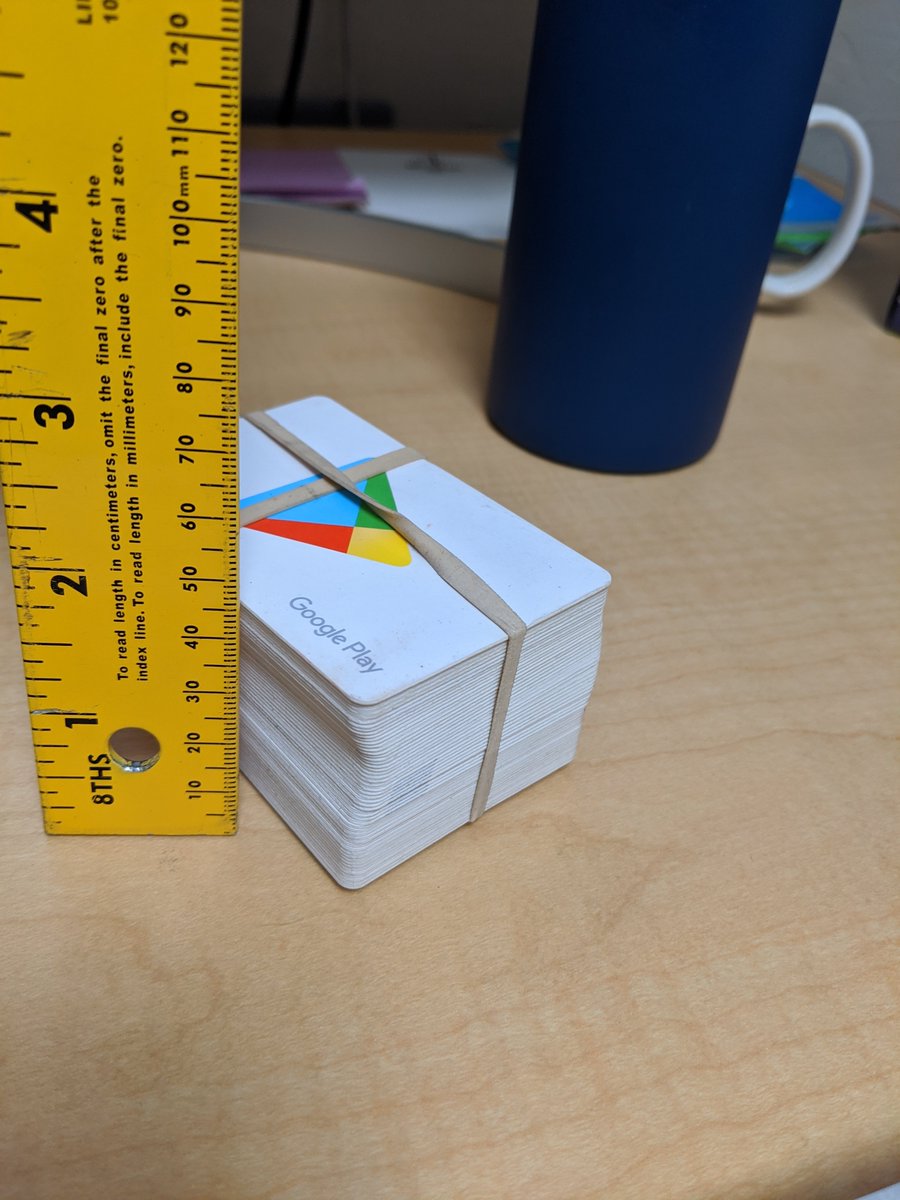
Does his own research. Dir. of Usable Security & Privacy @ICSIatBerkeley. CTO, @AppCensusInc. All opinions are those of his employer(s), and not his own.
How to get URL link on X (Twitter) App


https://twitter.com/WolfieChristl/status/1559498471941586944Who is Kochava? Kochava is an advertising company: they offer tracking/profiling services, run their own advertising network, and also sell consumer data (they're a registered CA data broker).



https://twitter.com/AppCensusInc/status/1387014081358401536Before I go into details of why this is a big deal, I had hoped this statement would make it into the article, because I think it's incredibly important that this be put in context (but understandable, since I provided it at the last minute).

https://twitter.com/doctorow/status/1384884710577348614For example, if a hospital anonymizes data by only sharing zip codes, gender, and date of birth, that data, by itself, is seemingly anonymous.


https://twitter.com/sapna/status/1077993947354456065The idea that people's intentions often don't match their actions is nothing new. This has been well-studied with regard to behavior change in psychology. For example, in Ajzen's "Theory of Planned Behavior"

